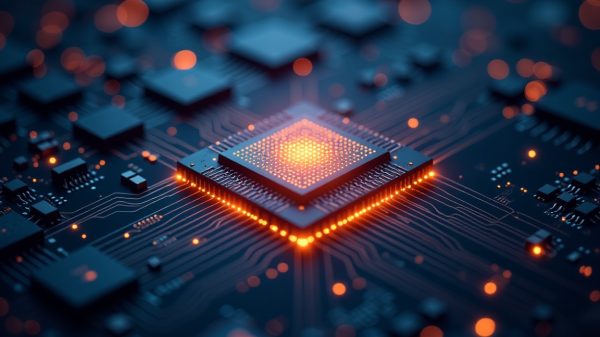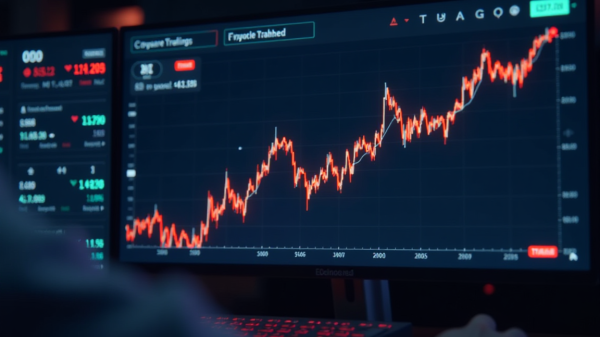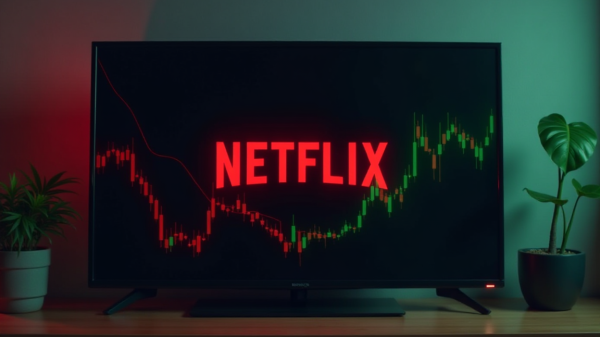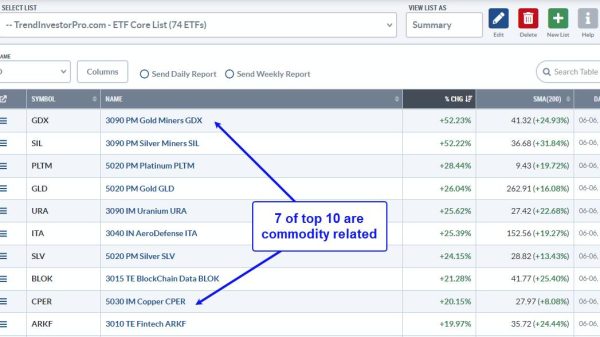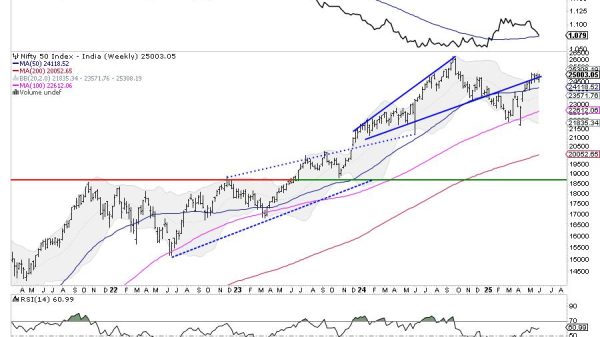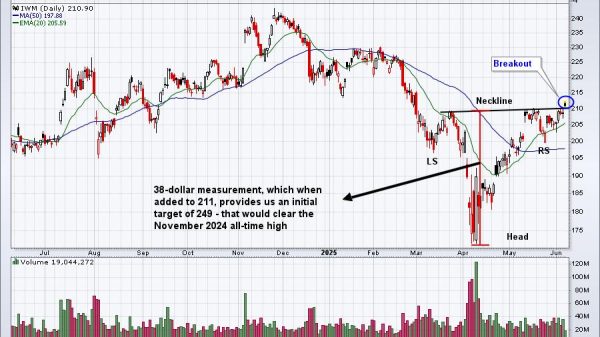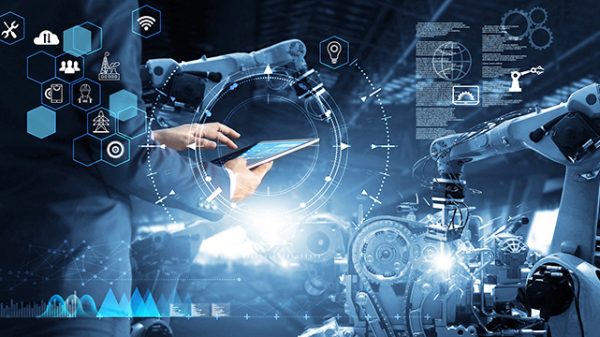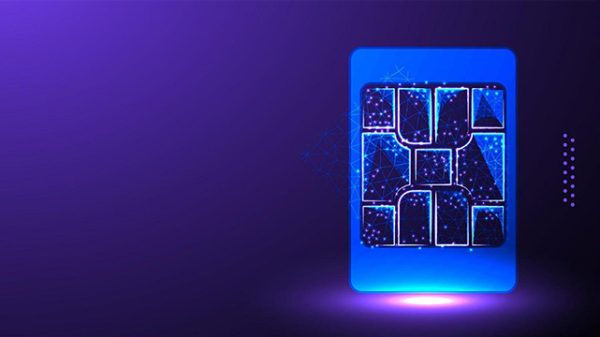Imagine you’re the director of the New York Philharmonic, planning a grand symphony orchestra event. With the finest instruments and the best musicians at your disposal, you’re set for an outstanding performance. However, anyone familiar with classical music knows that without a conductor to harmonize the instruments, manage the tempo, and guide the musicians through complex scores, even the most talented ensemble could descend into disarray.
Similarly, in the ever-evolving landscape of the Internet of Things (IoT), managed service platforms are not just facilitators; they are the linchpins that enable organizations to unlock the full potential of IoT solutions. Just like a conductor in an orchestra, a managed service IoT platform harmonizes the diverse components of IoT.
These platforms ensure that every ‘instrument’—from sensors on a factory floor to smart streetlights in a city—plays in perfect harmony. They ‘conduct’ the installation, manage the ‘tempo’ of data flow, and ensure that every ‘note’ of data is secure and precisely tuned. Without this guiding hand, the potential of IoT, akin to an orchestra without a conductor, would struggle to reach its full, melodious potential.
For this reason, managed service IoT platforms are increasingly becoming the backbone of connected device ecosystems. They offer a comprehensive suite of services that support organizations throughout the entire lifecycle of IoT deployment, transforming complexity into simplicity, the unreachable into the accessible, and the overwhelming into the effortlessly manageable. In a world where efficiency and connectivity reign supreme, these platforms are the vital links that seamlessly integrate our digital existence.
Global Connectivity and Installation Support
One of the primary advantages of managed service IoT platforms is their ability to offer global connectivity solutions seamlessly. With the proliferation of IoT devices worldwide, it’s crucial for organizations to maintain a reliable and secure connection across different networks. Managed service platforms typically have agreements with multiple network providers, ensuring resilient access across various regions. With a global SIM and connectivity management platform, companies can simplify the process of connecting devices anywhere in the world, which is particularly beneficial for organizations with international operations.
Installation support is another critical service provided by good managed platforms. Deploying IoT devices can be a complex task, especially when it involves a large number of devices across multiple locations. A worthwhile managed service provider can take the lead on installation, ensuring that devices are correctly set up and integrated into existing systems, which can significantly reduce the burden on internal IT teams.
Hardware Leasing
Another aspect where managed service IoT platforms can add value is through hardware leasing options for things like Satellite Tracking and Broadband Access. This approach allows organizations to avoid the high upfront costs associated with purchasing IoT devices outright. Instead, they can opt for a subscription-based model that includes the leasing of hardware, reducing capital expenditure and providing the flexibility to scale up or down as needed.
Device and Data Management
Effective device and data management are at the heart of any successful IoT strategy. Managed service platforms offer tools and services that allow organizations to monitor and control their IoT devices remotely. This includes updating firmware, managing device configurations, and troubleshooting issues without the need for on-site visits, which can be both time-consuming and costly.
Data management is equally important, as some IoT devices generate vast amounts of data that need to be collected, processed, and analyzed, while others just send a few crucial bytes. Managed service IoT platforms often come with built-in data management and analytics tools, enabling organizations to gain insights into their operations and make data-driven decisions, often saving them both money and time.
Addressing Market Challenges
Like all markets, the IoT market is not without its challenges. From the complexity of managing a diverse array of devices, to security concerns, and the need for specialized skills to handle IoT deployments. Managed service IoT platforms address these challenges by providing a unified solution that simplifies management, enhances security with end-to-end encryption protocols like LWM2M (Lightweight M2M), and offers access to expertise in IoT technology. For instance, the implementation of the LWM2M protocol in a managed service platform would provide a secure solution by encrypting data from the device to the application. This standard protocol ensures that sensitive information remains protected, addressing one of the key concerns in IoT deployments.
Managed Services Are Pivotal to IoT
In the ever-evolving landscape of Internet of Things (IoT), managed service platforms are not just facilitators; they are the linchpins that enable organizations to unlock the full potential of IoT solutions. By offering a comprehensive suite of services, from global connectivity to intricate device and data management, these platforms are instrumental in overcoming the challenges inherent in IoT deployment.
When exploring managed IoT platforms, it’s crucial to consider those that are pioneering in the integration of protocols like LoRaWAN. Equally important is the recognition of technologies like LoRa Sensors for their unique ability to enable long-range data transmissions with amazing battery life. This capability is a game-changer in IoT, expanding the horizons of data communication and device interoperability.
LoRa’s significance in IoT is not just about its technical prowess but also about the doors it opens for innovative applications. From urban to rural, industrial to consumer spaces, the implications of long-range, low-power IoT solutions are vast and varied. This technology brings a new dimension to IoT, allowing for solutions that were previously inconceivable due to range and power limitations.
As we continue to navigate the complex world of IoT, it’s important to acknowledge the role of managed service platforms and technologies like LoRa in shaping the future of connectivity. They embody the spirit of innovation and progress, driving us towards smarter, more efficient, and more connected solutions. The journey of IoT is one of continuous exploration and growth, and these technologies are at the forefront, leading the way in transforming how we interact with the world around us.
In this dynamic environment, the true power of IoT lies in its ability to adapt, evolve, and integrate technologies that push the boundaries of what’s possible. Managed service IoT platforms and technologies like 5G and LoRa are pivotal in this journey, guiding us towards a future where the potential of IoT is fully realized.
The post Orchestrating the IoT World: The Indispensable Role of Managed Service Platforms appeared first on IoT Business News.


